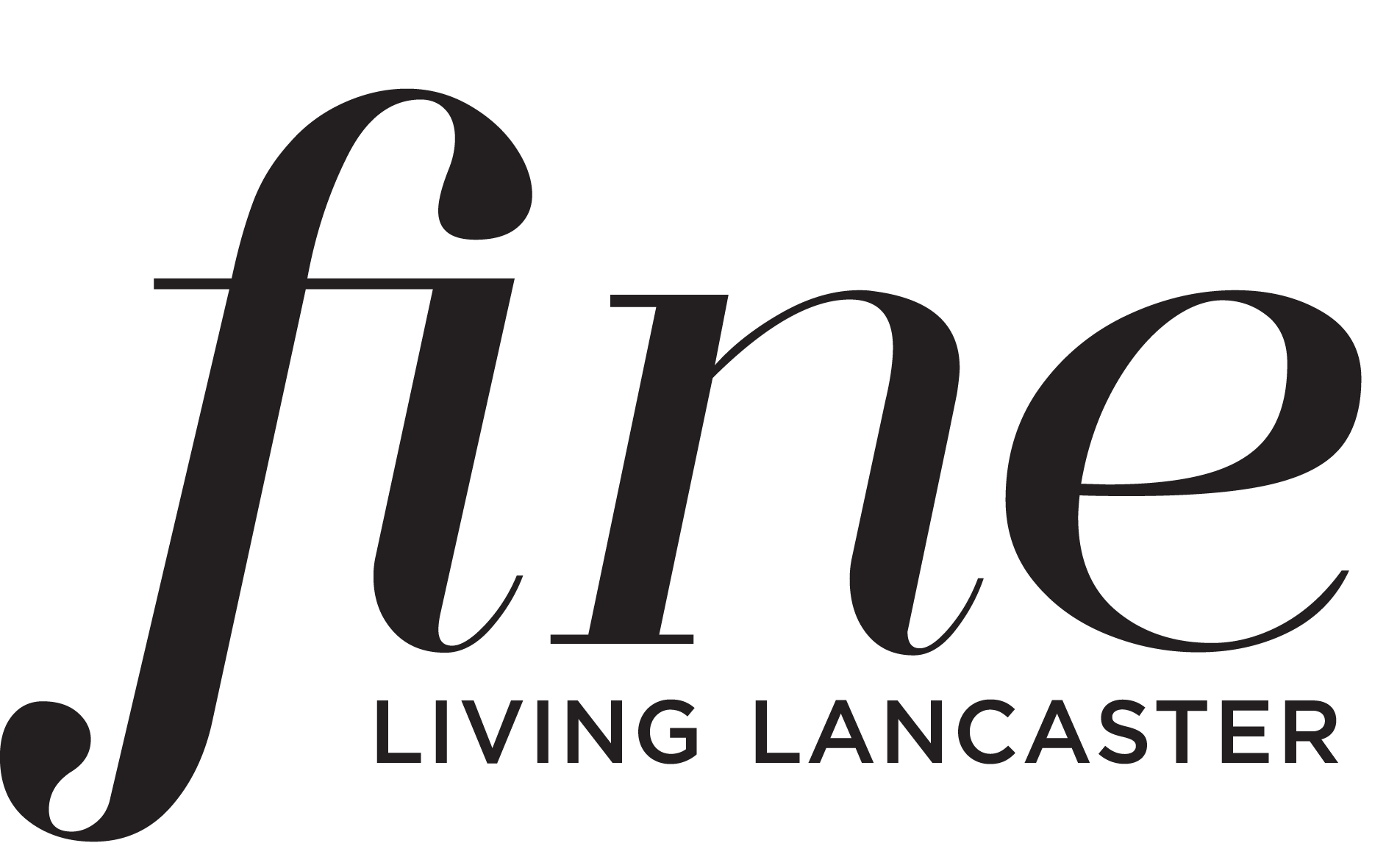Acting Locally, Thinking Globally
As Elyse Jurgen likes to tell it, it all began with a mattress.
“In high school I had been hanging out with a group of people who were interested in ecological restoration and we were headed to the Codorus Creek in York to do a clean-up. The Codorus Creek is incredibly polluted – it runs past a paper mill – but that very first morning we had to dislodge and drag out this filthy, water-logged mattress and I knew I had found my life’s calling,” Elyse laughs.
That lifetime commitment to conservation, born on the muddy banks of the Codorus, shaped Elyse’s studies at Red Lion High School and Moravian College and brought her to the Stone Independent School where she serves as the school’s Director of Greening. Jurgen’s classroom might not look like the typical science classroom – it’s less a laboratory and more a place for dialogue – but then again, Jurgen isn’t your average science teacher.
“When I evaluate students I look at whether or not they are doing things that are authentic,” she says. “Are they in this present moment making a difference?”
For Jurgen, a true 21st Century STEM education is a hands-on, highly contextualized experience – one which must happen in the “real world.” Jurgen sees a direct correlation between her students’ work and their engagement in the larger world. “Everything I do with my students has a meaningful outcome for them as well as a meaningful outcome for Lancaster,” she said. “Which means most of our work is done in association with ‘community partners.’”
Those partners include the Sierra Club, the Lancaster Farmacy, Tree Tenders, Lancaster General Hospital, and many others. In fact, Jurgen and her ninth grade students are currently building a “rain garden” behind Stone in collaboration with the Junior League of Lancaster.
Because the learning is so experiential and “hands on,” Jurgen finds the “harder” underlying scientific concepts she’s teaching transfer better over time.
“Every week we try to do field research or have someone come in to discuss different aspects of climate change so that the students are exposed to new and more dynamic material,” she says. “In the coming weeks we have plans to visit the Lancaster Wastewater Treatment Plant, talk to Lancaster sustainability planner Douglas Smith to discuss Lancaster’s greenhouse gas emissions, and have a physician from Lancaster General Health talk about the connection between human health and climate change.”
To get it all done, Jurgen instills in her students a real belief in process, in reflection, and, to get a little jargon, good metacognitive habits. Her students work hard, they problem solve, and whenever they get stuck they create “systems thinking maps” that help them backwards engineer highly tactical action steps to solve real world problems. “There isn’t a lot of evidence that high pressure teaching correlates to highly successful students,” Jurgen says. “I want my students to be great scientists; I also want my students to love science. I want my students connecting the dots, breaking down the complexity of climate change, and becoming scientifically literate citizens filled with the drive to take action.”
Her students really do think globally and act locally. “We have students installing rain barrels, building compost tumblers and installing a raised bed garden, all with the hope that Stone can serve as a residential demonstration location so that city residents can learn manageable action steps that they can take to combat climate change,” says Jurgen.
“I would like to see the students leading community workshops with the skills that they have developed in my class.”
Which is all to say that Elyse Jurgen is proving that it’s possible for high school students to think far, far beyond themselves and the pressures of daily high school life. The students that she teaches at The Stone Independent School not only learn about science, they make a difference in the world, and they will leave Stone with the ability to teach others how to do the same.
And that’s the true outcome of Elyse Jurgen’s pedagogy: to produce students who are sophisticated thinkers, who can work across disciplines, who are engaged in their community, who are committed to “making the world a measurable better place.”
By: James Gerdy








